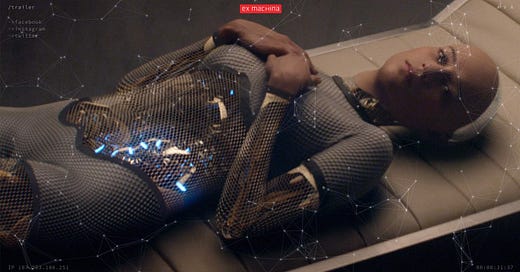Note: I’ve been thinking a lot about labor on this Labor Day. Does anyone even do that any longer?
The Banality of Slavery
In a particular history program, Hardcore History podcaster Dan Carlin (a longtime favorite) touched on the ubiquity of human trafficking and the particulars of chattel slavery. Full of the requisite apology, because after all Carlin …
Keep reading with a 7-day free trial
Subscribe to Stoic Observations to keep reading this post and get 7 days of free access to the full post archives.




